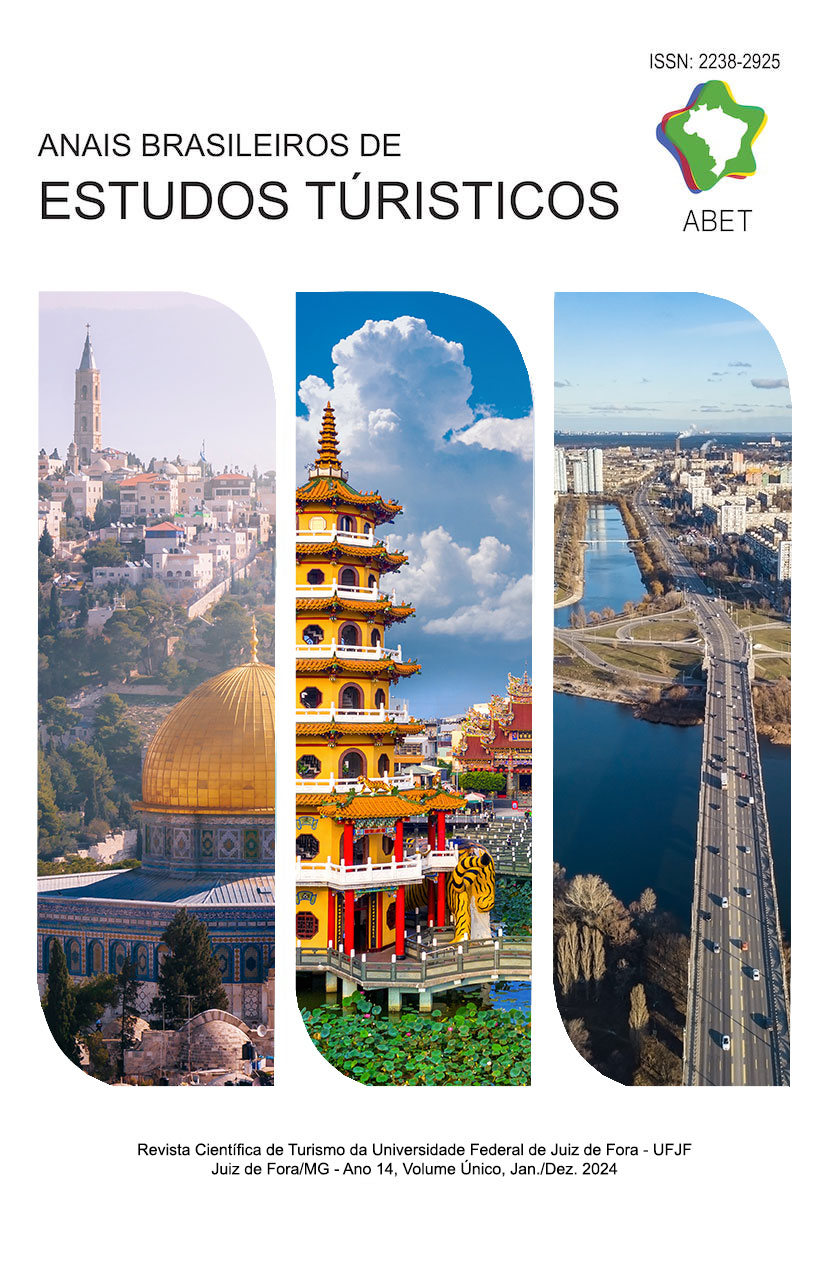Call for Submissions! 5th ISA Forum of Sociology RC50 International Tourism
Call for Submissions!
5th ISA Forum of Sociology
Rabat, Morocco | June 25-30, 2025
Take this unique opportunity to discuss and contribute to the reflections on the challenges and transformations in contemporary tourism! The session "Tourism, Cities, and Global Change", organized by RC50 International Tourism, invites the submission of papers that explore the complexity and the social, cultural, and environmental impacts of tourism in the globalized world.
Session Title: Tourism, Cities, and Global Change
Languages: English, French, and Spanish
Format: Oral Session
Chamada para Submissões!
5º Fórum ISA de Sociologia
Rabat, Marrocos | 25 a 30 de junho de 2025
Aproveite esta oportunidade única para discutir e contribuir com as reflexões sobre os desafios e transformações no turismo contemporâneo! A sessão "Turismo, Cidades e Mudança Global", organizada pelo RC50 International Tourism, convida à submissão de artigos que explorem a complexidade e os impactos sociais, culturais e ambientais do turismo no mundo globalizado.
Título da Sessão: Turismo, Cidades e Mudança Global
️ Idiomas: Inglês, Francês e Espanhol
Formato: Sessão Oral
¡Convocatoria para Presentación de Trabajos!
5º Foro ISA de Sociología
Rabat, Marruecos | 25-30 de junio de 2025
¡Aprovecha esta oportunidad única para debatir y contribuir a las reflexiones sobre los desafíos y transformaciones del turismo contemporáneo! La sesión "Turismo, Ciudades y Cambio Global", organizada por el RC50 Turismo Internacional, invita a la presentación de trabajos que exploren la complejidad y los impactos sociales, culturales y ambientales del turismo en el mundo globalizado.
Título de la Sesión: Turismo, Ciudades y Cambio Global
Idiomas: Inglés, Francés y Español
Formato: Sesión Oral















